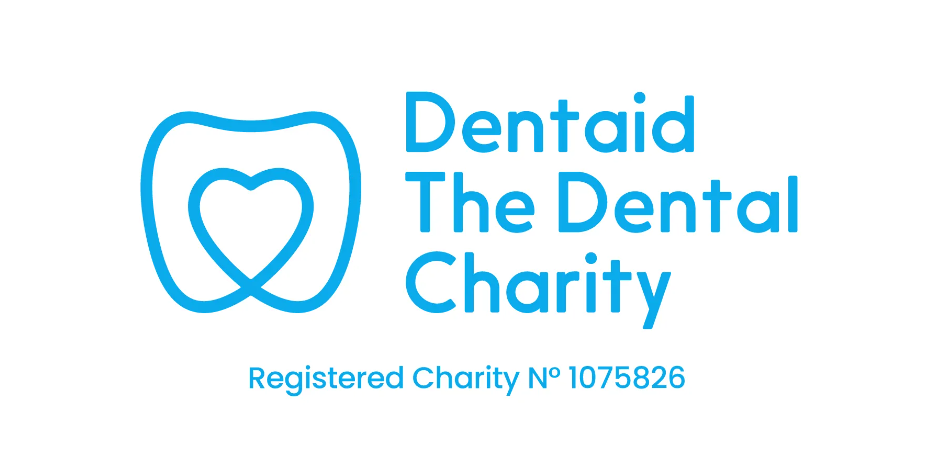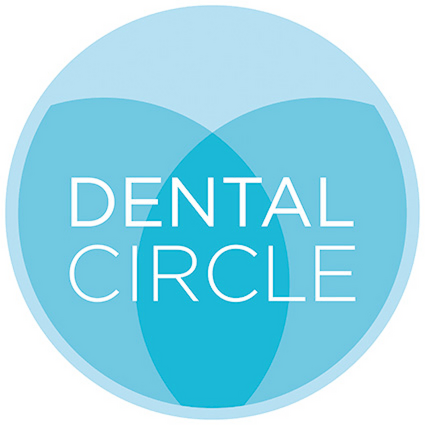The growing concern of antimicrobial resistance
)
The subject of antimicrobial resistance (AMR) has gained momentum again in recent months, as attention has been drawn to the potential challenges that this could present. It has been an issue for quite some time and unless we all play our part, it is only going to get worse.
AMR occurs when bacteria, viruses, fungi or parasites change over time and are no longer affected by antimicrobials. This dramatically increases the risk of disease progression and health concerns that were once almost eradicated become a serious threat to the population once again.
The dental team is crucial in the fight against AMR. Not only are you well-positioned to help raise awareness of the problem, but you can also have a direct impact through responsible prescribing of antibiotics. The World Health Organization (WHO) set out a Global Action Plan in 2015 to prevent systematic misuse and overuse of these drugs. It focuses on:
- Improving awareness and understanding of AMR
- Strengthening knowledge and evidence through research
- Reducing infection through enhanced sanitation and hygiene
- Optimising use of antimicrobials in humans and animals
- Developing the economic case for investment in new medicines, vaccines and other medical interventions
The dental profession is estimated to account for 10% of all antimicrobial prescriptions worldwide and there has been a keen focus in the community to reduce unnecessary use of the medication in order to help avoid AMR. In the UK, dentistry was associated with 4.3% of total antibiotic prescriptions in 2021. Consumption of antibiotics in dental practices also decreased by -7.1% from 2020 to 2021, though levels remained above those of pre-pandemic years (a 17.6% increase in prescriptions was observed between 2019 and 2020). Aside from this spike, dentistry has seen a steady decline in antibiotic prescriptions since 2017.
Among the latest guidelines available to UK dental professionals are those from the Faculty of General Dental Practice (UK) and the Faculty of Dental Surgery. Designed for all healthcare prescribers in primary and secondary dental care, the document reviews the quality of evidence available and supports all its commendations with research. Key recommendations included guidance stating that antimicrobials are only used as “an adjunct to definitive treatment” where the patient presents with a high temperature as well as “systemic spread and local lymph node involvement”.
The whole dental team needs to be confident about the impact of antimicrobials and their influence in preventing further resistance. Education and training are key, as only with on-going refreshers and knowledge development can individuals provide the best possible care for their patients.








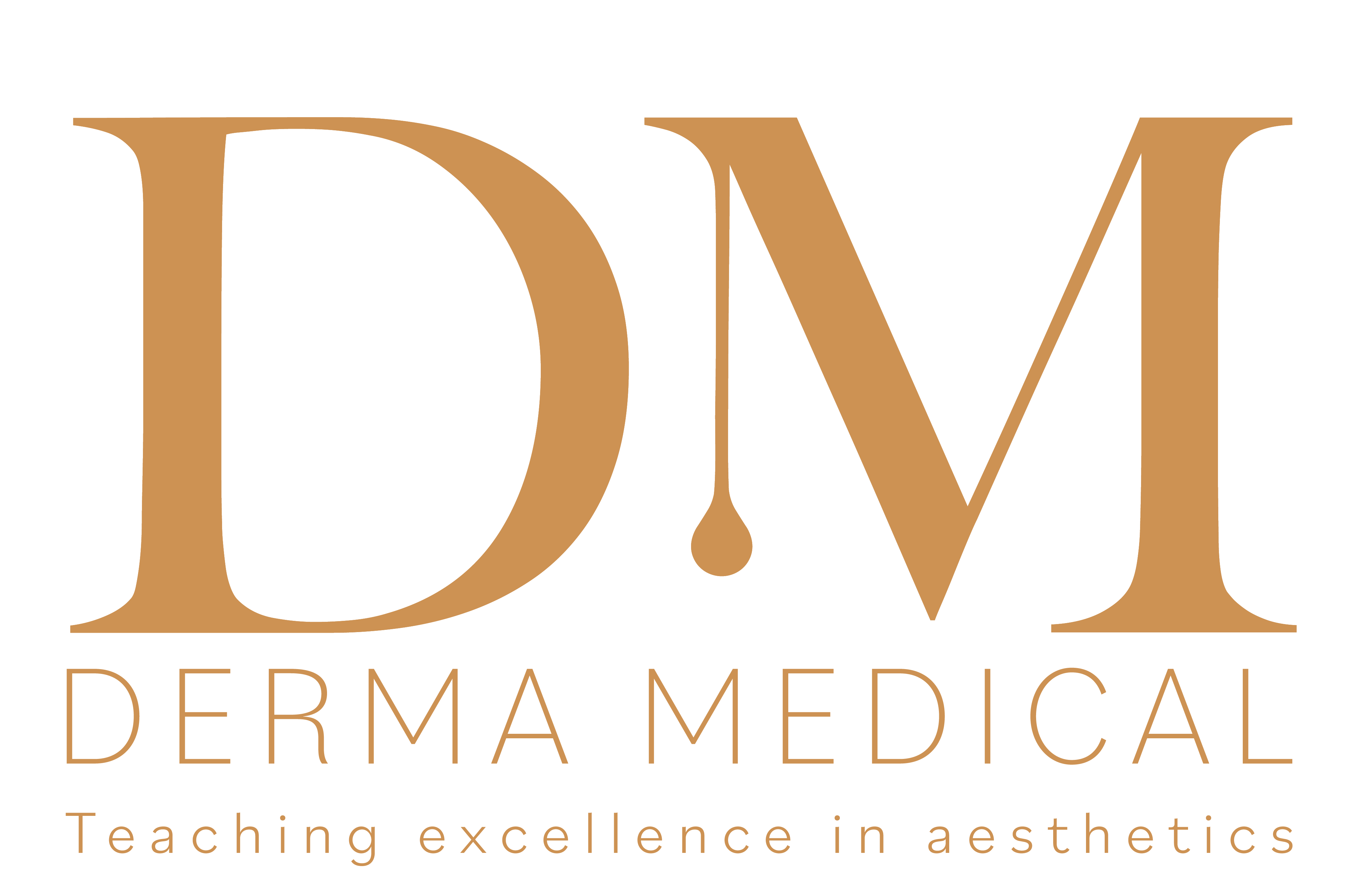







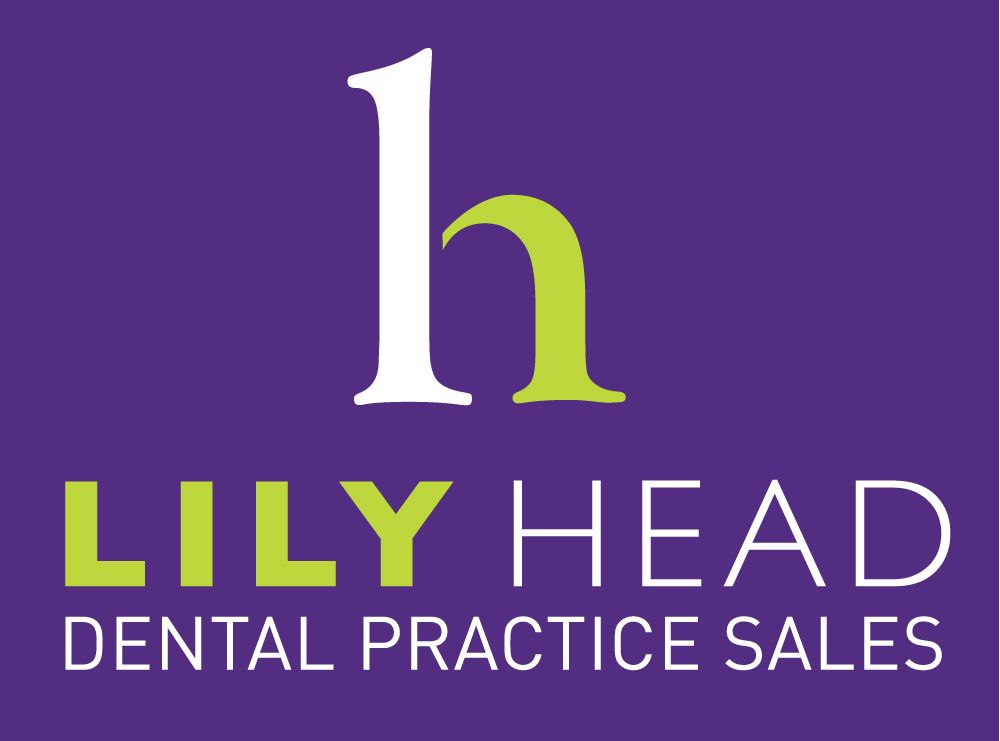











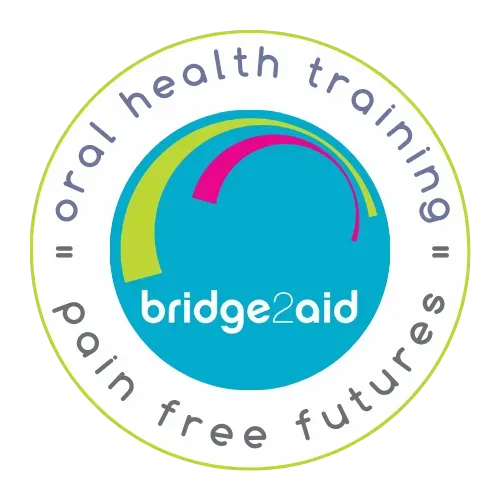
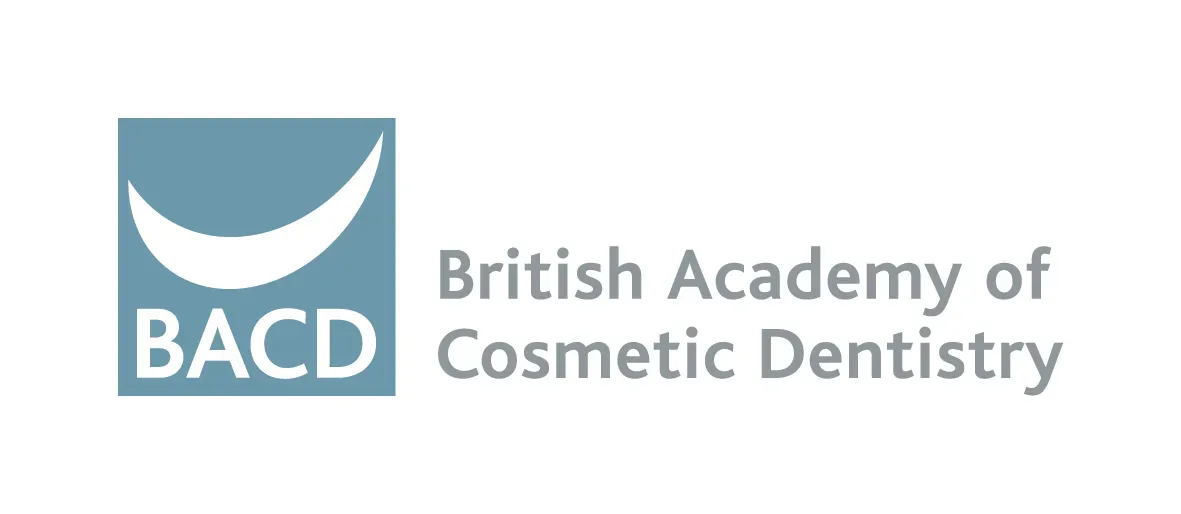
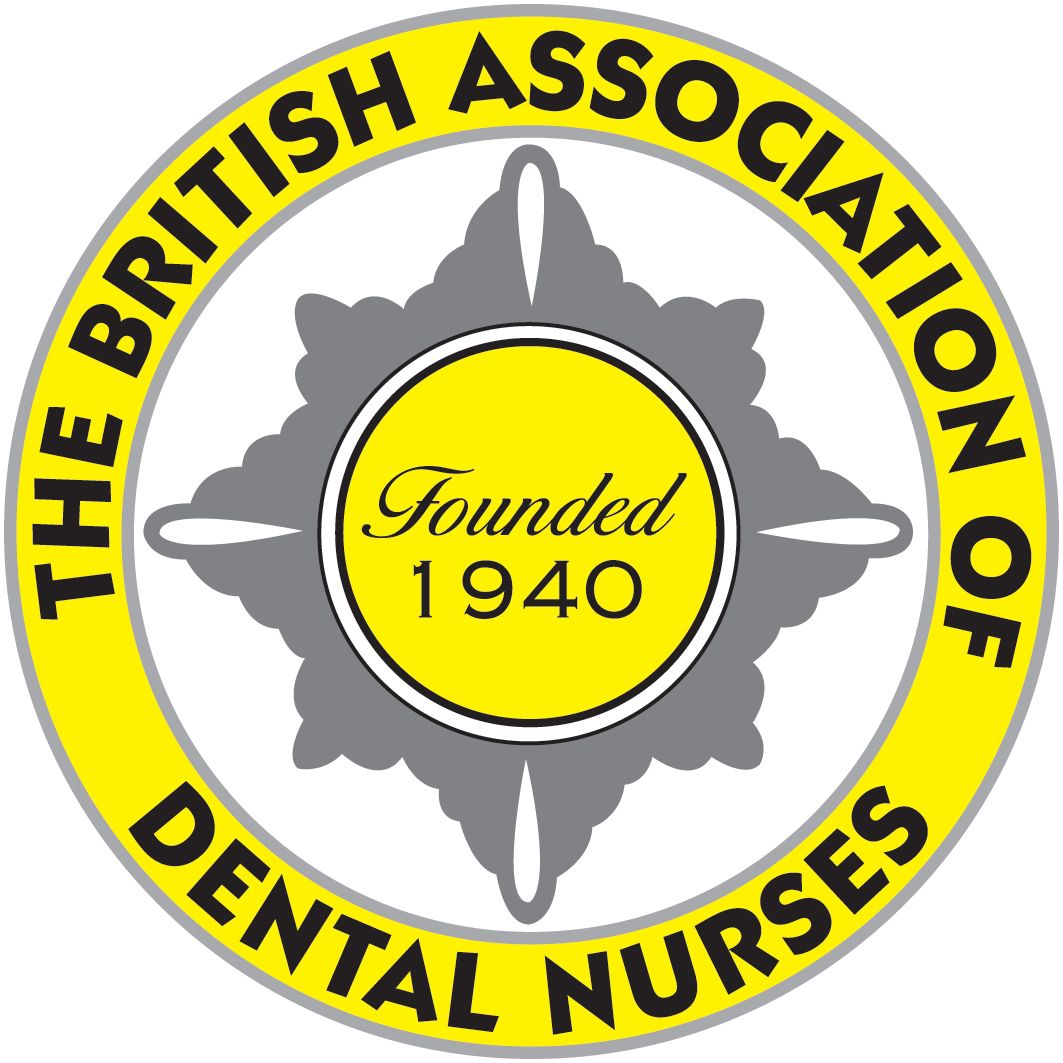
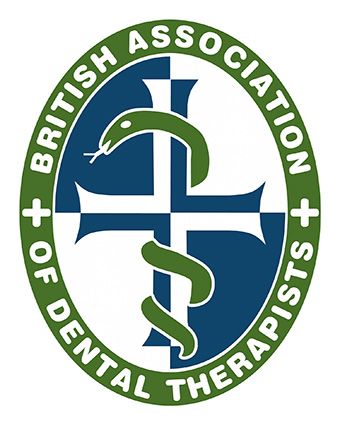
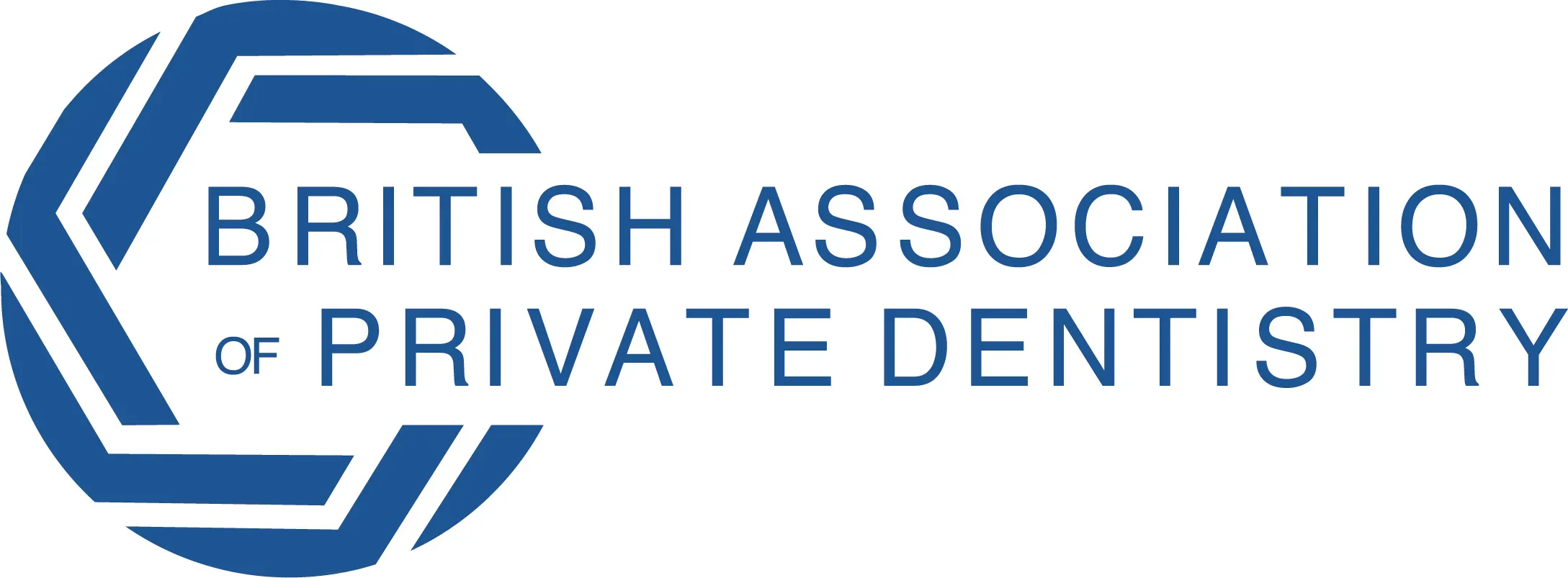
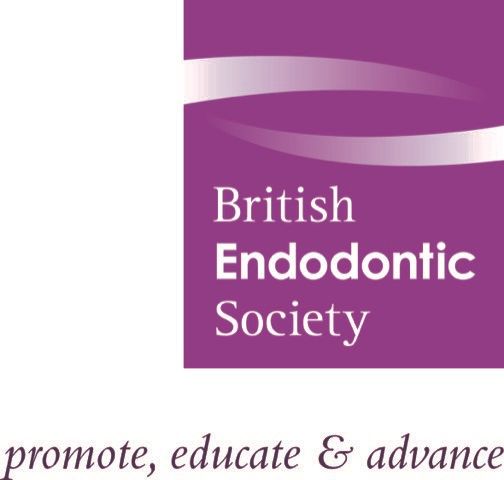
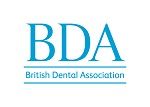
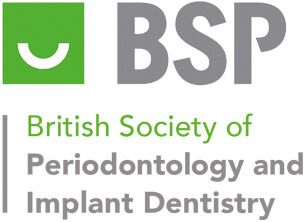
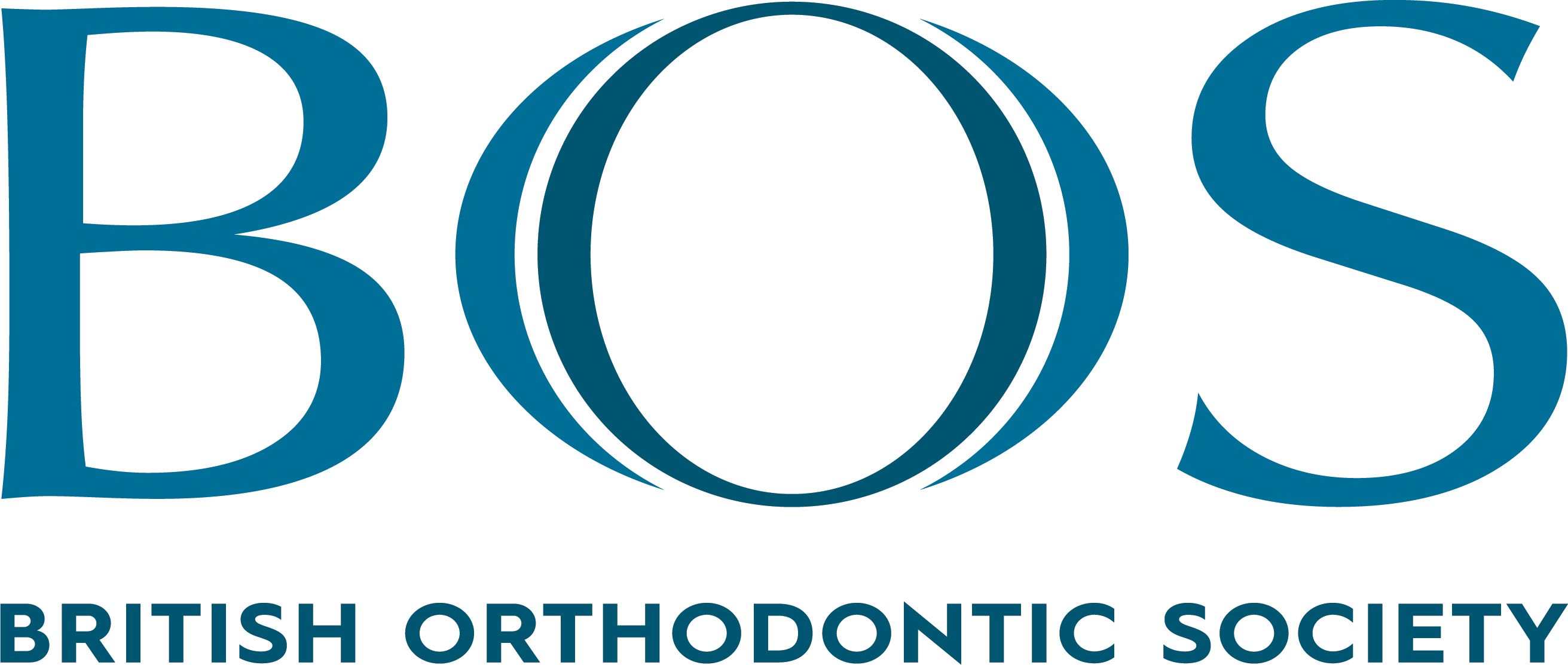


.png)
